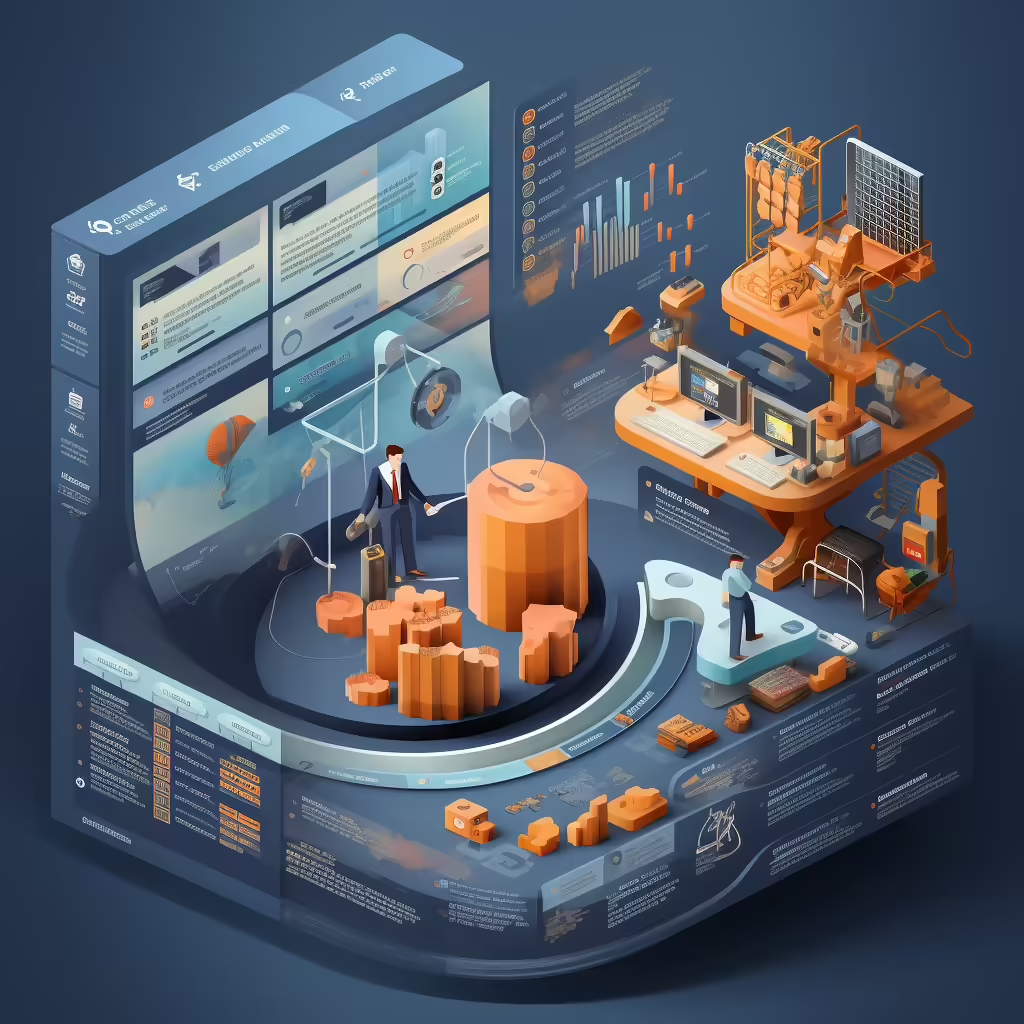ERP software: A central tool for business management and optimization
Enterprise Resource Planning (ERP) software is an essential tool for modern business management. It integrates various business processes into a unified system to improve efficiency, transparency and coordination in organizations. This article explains the basics of ERP software, its features, benefits and challenges, and the factors for successful implementation.
What is ERP software?
ERP software is a system designed to manage and integrate the various processes within a company. These processes often include finance, human resources, production, supply chain, inventory management, and more. By centralizing these functions into a single system, companies can make their operations more efficient and effective.
Core functions of ERP software
- Financial Management: Managing accounting, financial transactions, budgeting and financial reporting.
- Supply Chain Management: Optimizing the supply chain from procurement to delivery.
- Production planning: Management of production processes, resource planning and production control.
- Customer relationship management (CRM): Management of customer information, sales processes and marketing activities.
- Human resources management: management of employee data, payroll and personnel development.
Benefits of ERP software
- Improved efficiency: Automation and integration of business processes reduce time and effort.
- Data transparency: Centralized data storage ensures clarity and improved decision-making.
- Scalability: ERP systems can adapt to the growth and changing needs of the business.
- Improved Compliance: Help you meet industry and regulatory standards.
- Cost savings: Reducing operating costs through more efficient processes.
Challenges when implementing ERP software
- Cost and Time: Implementing an ERP system can be expensive and time-consuming.
- Resistance to change: Employees must adapt to new processes and systems.
- Complexity: Selecting and configuring an ERP system can be complex.
Factors for a successful ERP implementation
- Clear objectives: Definition of clear goals and expectations for the ERP system.
- Management Commitment: Strong support and commitment from senior leadership.
- User training: Comprehensive training of employees for effective use of the system.
- Adaptation to business processes: Adaptation of the ERP system to specific business processes.
Conclusion
ERP software is a powerful tool for modern business management. It enables organizations to unify their business processes, increase efficiency and make better decisions. While implementing an ERP system comes with challenges, the long-term benefits in terms of increased efficiency and cost savings can be significant. For companies operating in an increasingly complex and competitive environment, investing in a suitable ERP solution is a crucial step towards success.






